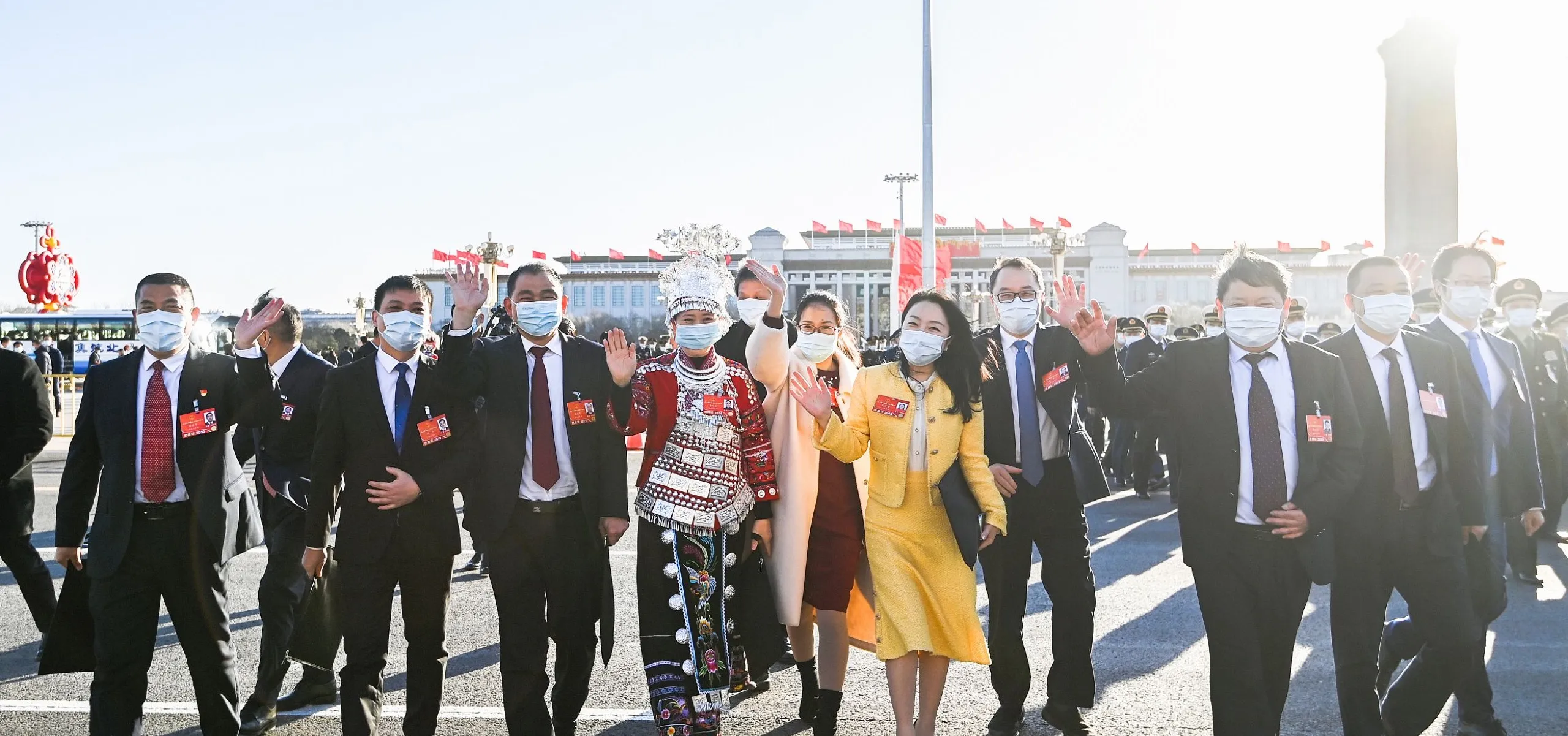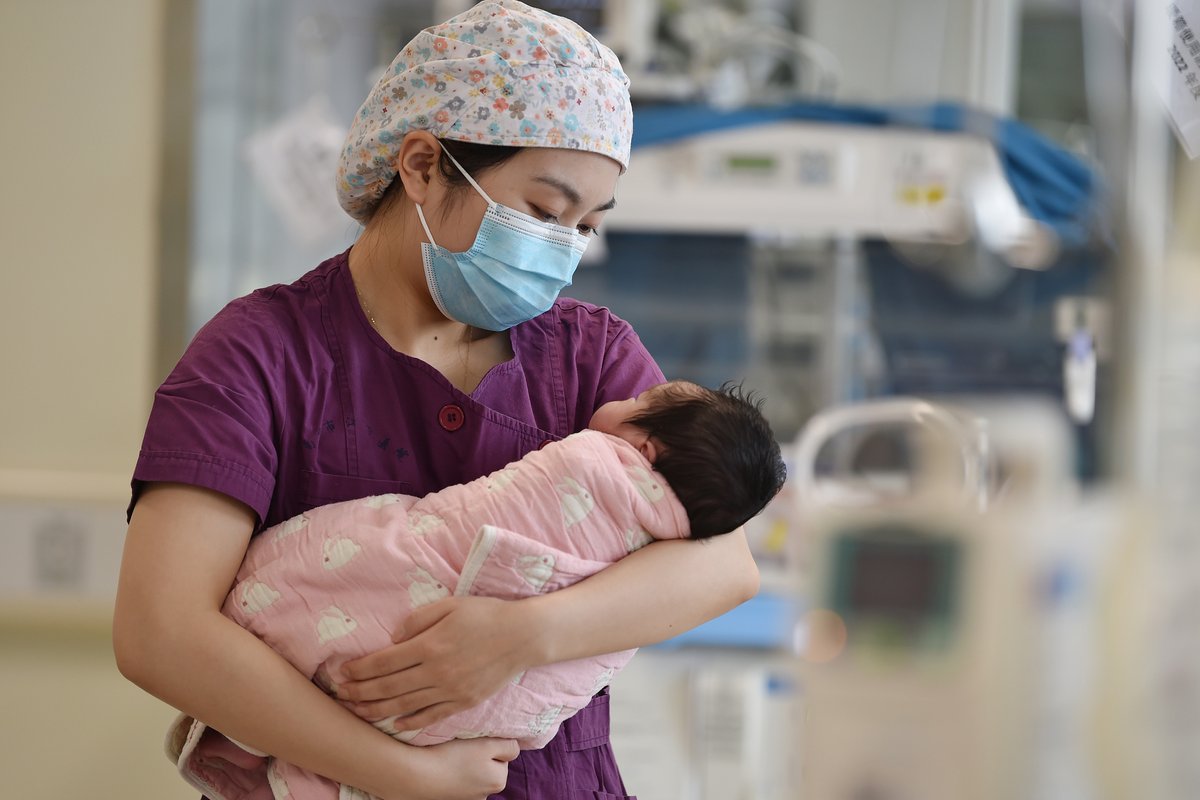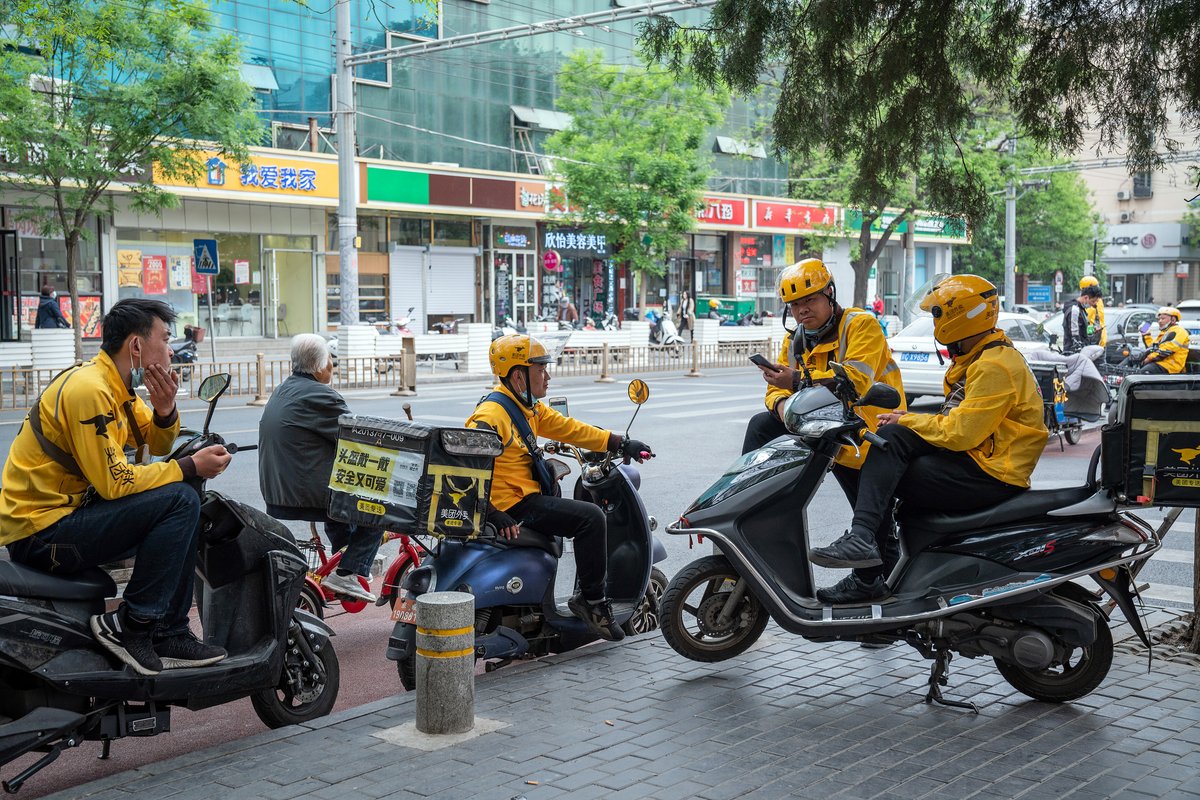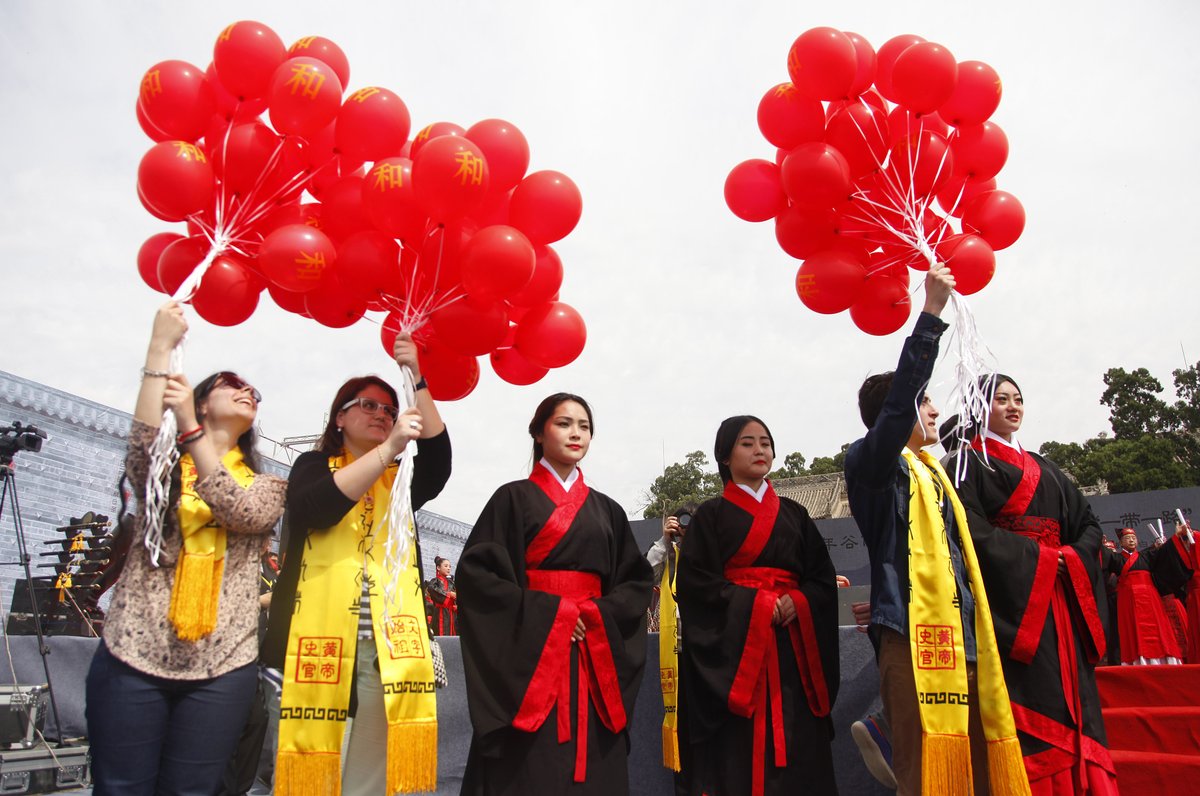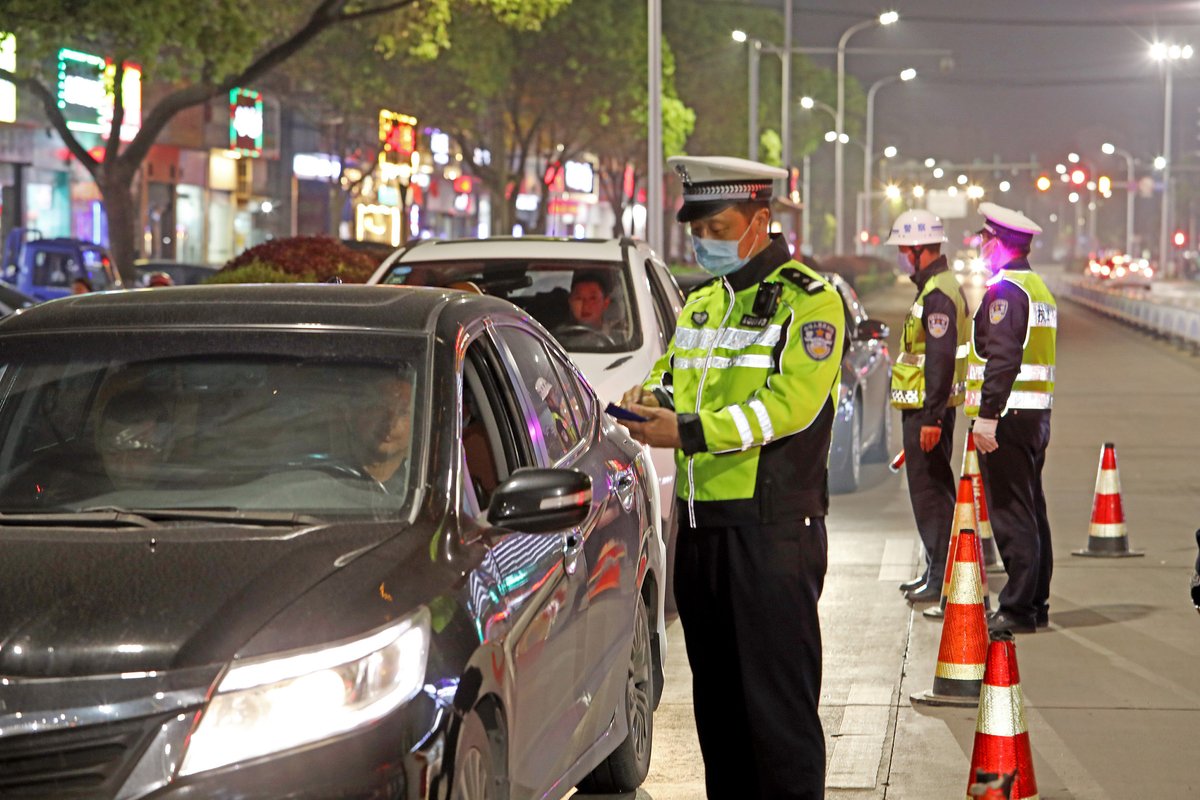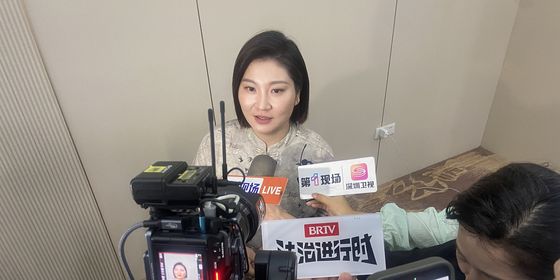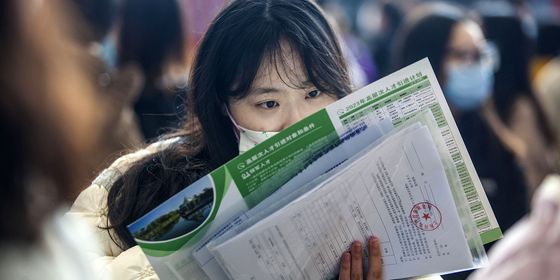The highlights and most notable proposals from the annual meetings of China’s legislative bodies
As this year’s “Two Sessions” political meetings come to a close in Beijing on March 11, netizens are left with a number of innovative, significant, and downright odd delegate proposals. Some, appear at least well-considered, like plans to reduce the academic burden of students and developing vocational education, or measures to boost the nation’s birth rate and introduce stronger punishments for human traffickers.
Representatives of the National People’s Congress (NPC) and members of the Chinese People’s Political Consultative Conference (CPPCC) have put forward proposals on a wide range of topics: According to official data, this year’s NPC received 487 legislative motions, along with 8,000 pieces of advice and criticism; while the CPPCC received 5,979 proposals. Many of these were bizarre ideas which caught the public’s attention. Here’s a round up of some of the most controversial proposals from the Two Sessions:
Marriage and Family
China saw its lowest birth rate since 1950 in 2021, which has dropped below 1 percent for the second year. Along with the implement of the third-child policy in 2021, a number of proposals aim to encourage childbirth. Xie Wenming, a lawyer from Hubei province and member of CPPCC, proposed the extension of maternity leave to six months (from a national average of three months), a monthly stipend of 600 yuan to families with two children, and a stipend of 1,000 yuan for families with three children. However, Jiang Shengnan, a researcher of Wenzhou University and representative of NPC, raised the concern of intensifying gender discrimination in the work place, and instead proposed a paid paternity leave of 30 to 42 days for men, with the current national average at 7 to 15 days.
A number of proposals also attempted to solve the problem with creativity: NPC representative Zhou Yanfang suggested to encourage students in graduate programs to get married and have children alongside their academic pursuit. As one of the more bizarre proposals, CPPCC representative He Dan suggested that young men who cannot find a partner can try to “become ‘warm men (暖男)’”—who care about their partner and are willing to share family responsibilities— rather than aspire to be rich or successful.
While single women in China are not legally allowed to freeze their eggs or receive fertility treatment such as IVF, and fines for extramarital birth still persist, CPPCC member Hua Yawei proposed to lift these bans for single women over 30, allowing them to have one child and enjoy the same rights with married women in all aspects.
Employment
Faced with serious shortage of workers in the manufacturing industry in recent years, NPC representative Zhang Xinghai, chairman of Sokon Industry, proposed to encourage young people to become factory workers rather than taking delivery jobs, adding that 1.5 million workers left manufacture jobs annually in the past five years, while the number of couriers has broken 10 million.
On the other hand, CPPCC member Hu Wei suggested companies to lift an age cap of 35 years in hiring, calling it a waste of human resources, and a positive measure to cope with an aging society.
Sports and Culture
Disappointed at the recent loss to Vietnam of Chinese men’s national football team in the Asian qualifiers for the 2022 FIFA World Cup, CPPCC member Gao Yanming proposed the team to implement “military management,” expelling anyone who break rules and have questionable morals. He suggested the team learn from the Chinese table tennis team and women’s volleyball team to enhance their sense of patriotism.
Promoting traditional culture is another long running theme among Two Session proposals. This year, NPC representative Wang Yongchao proposed to set “Chinese Character Day” on Guyu (“Grain Rain,” a solar term in the Chinese calendar). Wang suggested to integrate worshiping rituals of Cang Jie, the mythical inventor of Chinese characters, with promotion of the Chinese language to “bring unity of the nation” and “spread Chinese civilization to the world.” Another NPC representative Yin Yan took one step further by proposing all overseas students to submit HSK (Chinese Proficiency Test) results as a part of their visa application.
In the entertainment industry, jubensha, popular role-playing murder mystery games, received criticism of harming the mental health of minors with violence, horror and sexual content. CPPCC member Zhu Yan proposed to ban underaged players from participating, while calling for strict regulation of the industry.
Crime and Punishment
NPC representative Zhu Lieyu proposed to decriminalize drunk driving, the second time he brought the same proposal after meeting with resistance last year. According to Zhu, one third of all criminal cases in the country are related to reckless driving; over 300,000 people got criminal records because of the crime, causing problem with their employment and daily life. On the opposite side, NPC representative, Zhang Qingbin believes that driving while texting should be regarded as dangerous driving and punished as a crime. NPC representative Lu Yongquan also added that overloading trucks should be criminalized given the safety hazard and serious consequences, while citing examples in the traffic laws of South Korea and US.
Concerning recent human trafficking crimes, CPPCC member Xie Wenmin also proposed to punish the buyers the same as the trafficker, allowing life sentence and death penalty for serious offense. The current punishment for buyers is only three years in prison, if there are no other criminal act. However, buyers are often involved in restriction of victims’ personal freedom, rape and abuse, all of which are hard to gather evidence for.
To fight sex crime, especially at schools and universities, CPPCC member Huang Qi proposed to form a national sex offender database open to educational organizations for background check when making recruitment.
All images by VCG





